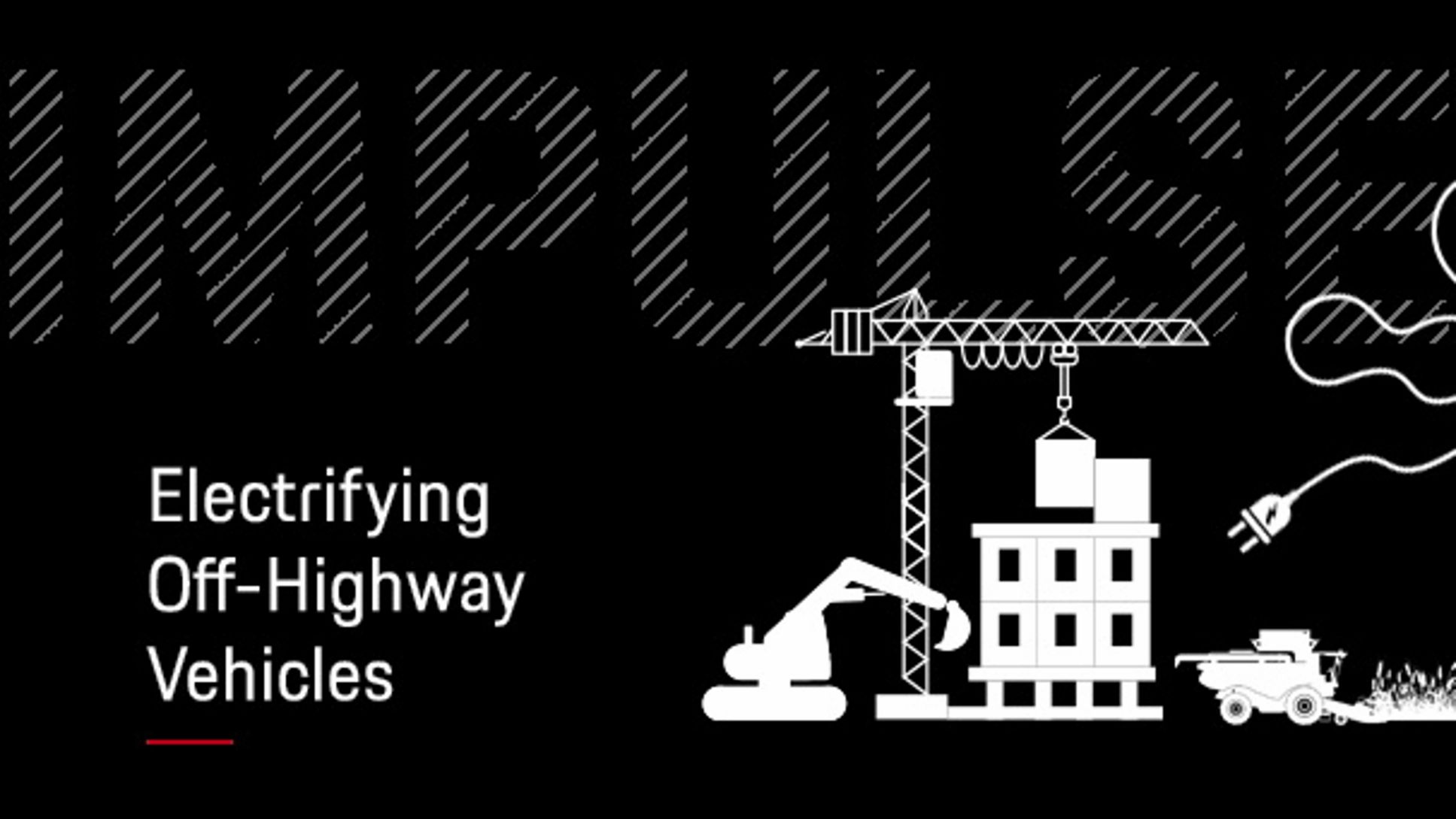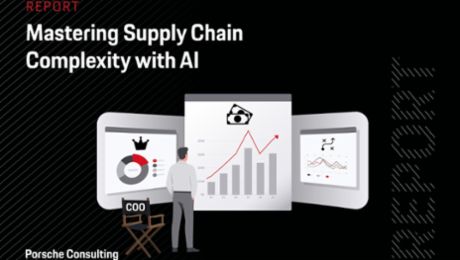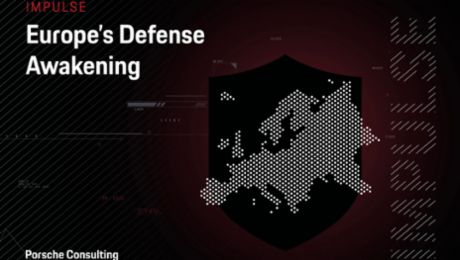Today, manufacturers of products with combustion engines are massively affected by the disruptive shift away from fossil fuels to renewable energy. This trend is also reshaping the market for off-highway machines – vehicles that maneuver on steep or uneven terrain and are used primarily in construction or agriculture, e.g., tractors, harvesters, mobile cranes, and trucks for mining.
Since the market for these vehicles is constantly growing, OEMs must increasingly deal with sustainability aspects and related pain points. These include increased pressure from regulations (e.g., driving bans in urban centers for diesel vehicles or restrictions on operating hours due to noise pollution in rural areas), increased energy costs as well as an increasing public interest in reducing CO₂ emissions. Electrification offers a solution here, as we expect that electric engines can be used for nearly all medium sized off-highway vehicles by 2040.
The following article focuses on the opportunities and challenges of the electrification of off-highway vehicles and provides recommendations for off-highway machinery OEMs. It focuses on the three major aspects that must be considered when making off-highway vehicles more sustainable, namely powertrains, power storage, and the question of electricity infrastructure. Based on this, it outlines core implications for off-highway machinery OEMs.
Read the Impulse in full length: Powering the Future https://www.porsche-consulting.com/international/en/publication/powering-future





